Farshore’s Research and Insights
Previously known as Egmont Insight, Farshore’s consumer research includes a number of reports on our case studies and insights. We’ve gathered all of this historic research in one place, with our most recent studies listed first. Each has a full report available for you to read as well as an overview of some key insights.
Storytime in School
Discover the findings from a longitudinal study carried out with 20 primary schools across England who adopted a daily storytime in the spring term of 2023.
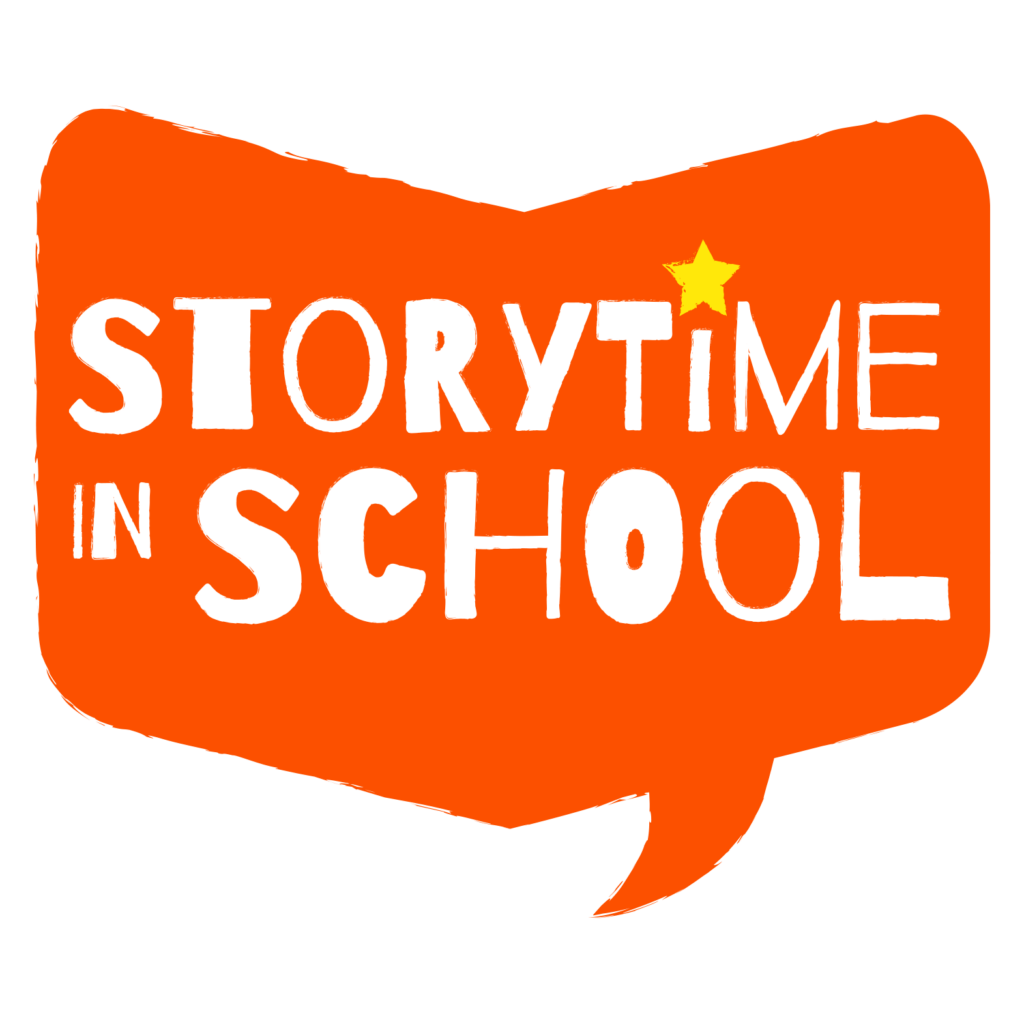
Children’s Reading for Pleasure: Progress, Problems and Practical Solutions
Farshore’s latest research paper focuses explores new insights into children’s reading for pleasure.

Dads Reading Project
Our new research, in collaboration with Dadsnet, explores the impact of following dads who did not currently read daily to their child for six weeks to understand the impact of dads reading daily to their children. We were interested to discover positive outcomes with increases in children’s enjoyment, wellbeing, learning, feelings of togetherness and behaviour.
Watch the video diaries from Dads taking part in the project
Reading for Pleasure and Purpose
Farshore’s latest research paper explores pleasure and purpose in children’s reading and how these different ideas might affect motivations to book buying and reading independently.


Learnings from Lockdown
Farshore’s Learnings from Lockdown paper explores new insights around the benefits, barriers and solutions to more children reading for pleasure.
The Lockdown Reading Club
Our new research, in collaboration with Mumsnet, explores the impact of really focusing on reading for 6 weeks during lockdown. We were interested to find out how children’s motivation and enthusiasm to read independently, their attainment and their well-being would be affected by the experience.
Watch the Lockdown Reading Club videos with Parent Testimonials

Reading for Pleasure
Farshore’s Reading for Pleasure research explores why reading for pleasure matters, including its impact on attainment and wellbeing.
Why does reading for pleasure matter?
Children’s reading for pleasure matters commercially and it matters socially. For the publishing industry it is business-critical (without a desire to read there is no sustainable driver for consumers to buy books and magazines). Beyond the commercial imperative there is something far more significant: reading is important to children’s life chances, as well as their well-being, happiness and much more.
Reading for pleasure is not properly understood and is often confused or conflated with literacy. Reading for pleasure is reading for enjoyment, done of free choice, whereas literacy is the ability to read and write. Reading for pleasure feeds literacy because it is challenging to learn something if you don’t enjoy it!
Stories and Choices
A research study commissioned in collaboration with St Joseph’s Catholic Academy in Stoke on Trent, The Book People and Family, Kids & Youth research, Stories and Choices explores the impact of prioritising storytime in school on a child’s overall love of reading for pleasure and their progress in reading comprehension.
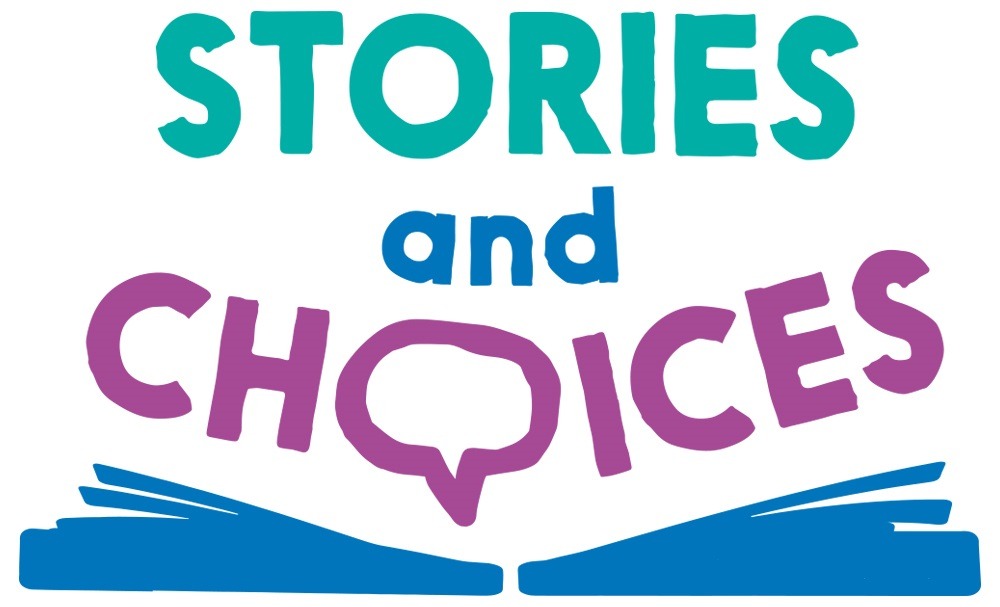
Stories and Choices explores the impact of prioritising storytime in school on a child’s overall love of reading for pleasure and their progress in reading comprehension. We worked with 7-11 year olds and their teachers from September to December 2018 at St Joseph’s Catholic Academy in Stoke on Trent, an area of deprivation and a National Literacy Trust Hub to research exactly this. We returned to the school in the summer of 2019 to assess longer term impact of the project.
Reading to children is a powerful way to encourage them to read for pleasure. Children who are read to daily by their parents are much more likely to be independent readers themselves.
Yet reading to children is decline.
Many parents cease to read to their child once their child has mastered the skills to read independently, believing can read means will choose to read for pleasure. So, what happens if the school steps in to ensure children are read to? This is the simple idea behind our Stories and Choices study. What happens if teachers in Key Stage 2 (7-11 year olds) read aloud to their class daily, with no formal teaching agenda, no testing of comprehension, no cross-curricular projects, no measuring of impact? Simply have storytime for pleasure and nothing more? And, because we know choice is really important to encourage children to read, what happens if we supply a lot of books and magazines?
We decided to see what happened when a school prioritised sharing the pleasure. We worked with 7-11 year olds and their teachers from September to December 2018 at St Joseph’s Catholic Academy in Stoke on Trent, an area of deprivation and a National Literacy Trust Hub.
- 27% of the children are from disadvantaged backgrounds. This is higher than the national average.
- 8% are from an ethnic minority
- 13% are from Traveller families
Some of the parents can’t read. A sizeable number of children have no or very few books of their own, and most are not read to at home. The school has not had new books for some time; what they do have is not as varied as they’d like; and they only have magazines when teachers buy them.

Print Matters More
Print Matters More explores whether it is possible to turn reluctant child readers into passionate readers. Building on insights from Print Matters, the study set out to explore whether the deep emotional connection that reading with a child inspires can influence behaviour change and encourage more reading and more book buying.
Print Matters More Project Extension
Our extension to the Print Matters More research further explores the impact of free choice on a child’s interest in, and enthusiasm for, reading for pleasure. It also identifies three roles that parents should take to encourage their child to read for pleasure.
‘Print Matters More is such a vitally important initiative’ – Michael Morpurgo
A research study commissioned in collaboration with Foyles Bookshops and Family, Kids & Youth Print Matters More builds on the findings from our 2015 study, Print Matters.
The aim of Print Matters was to understand why families prefer to read children’s books in print and why children’s eBook sales are so low when children are passionate about digital pastimes. The research revealed some very emotional reactions to printed books. Children love being read to. It makes them feel secure and happy. For parents, the shared reading experience prompted feelings of nostalgia and of being a good and loving parent. Print books were often treasured objects, very precious parts of family life, and imbued with significance and emotions.
Our extension to the Print Matters More research further explores the impact of free choice on a child’s interest in, and enthusiasm for, reading for pleasure.
It also identifies three roles that parents should take to encourage their child to read for pleasure.
Breaking Down Barriers
Our annual review of the children’s market in 2016 explores consumer trends and the barriers and opportunities for reading and buying, for both books and magazines.

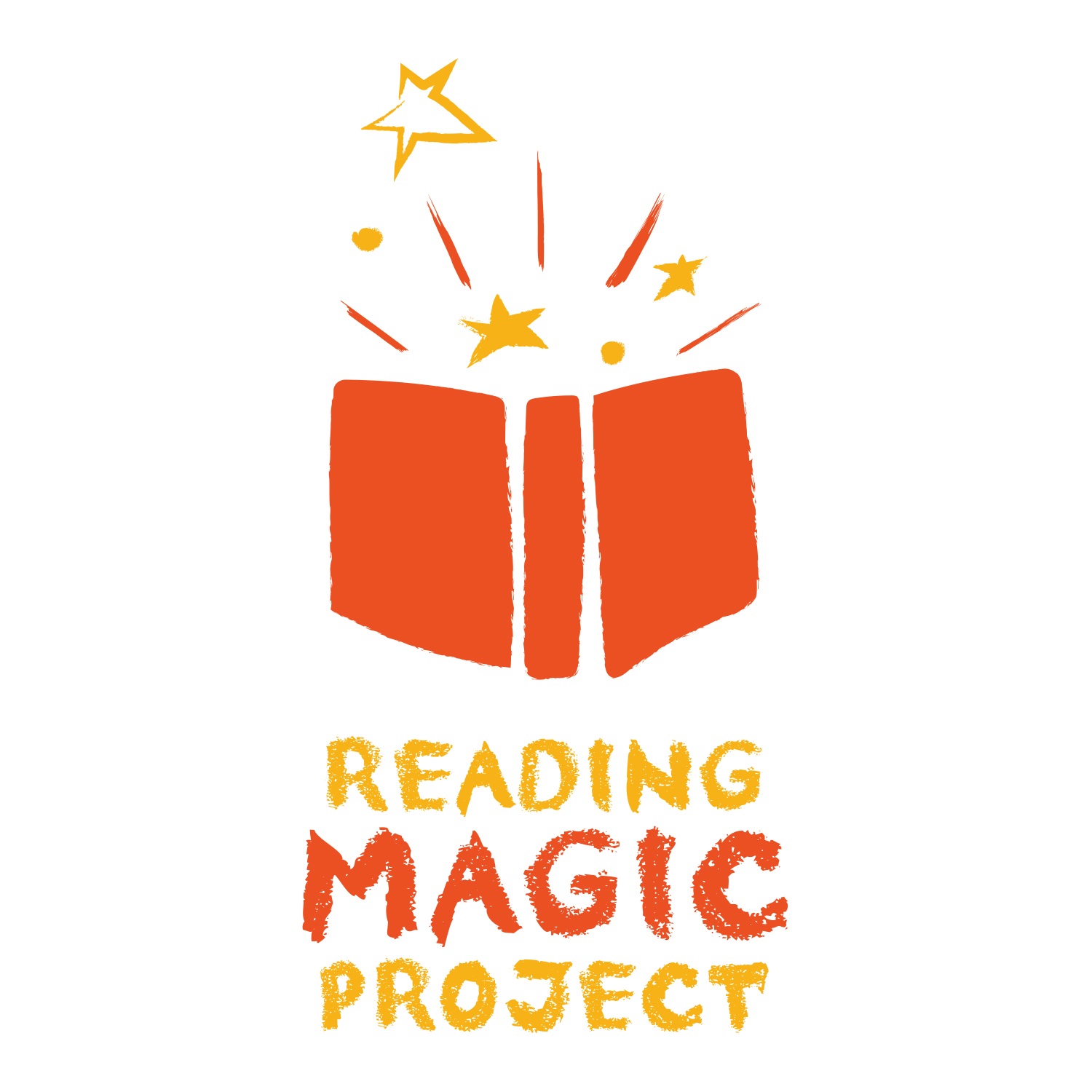
Reading Magic Project
The Reading Magic Project explores why reading to 3-4 year olds is in decline and what can be done to encourage more reading and more book buying in families with children of this age.
The study investigates the impact of giving parents plenty of very specific advice and help and the effect of a stimulating retail environment on reading and book buying.
Creating Readers for the Future
Our annual review of the children’s market in 2017 explores trends in reading and in the book and magazine markets.
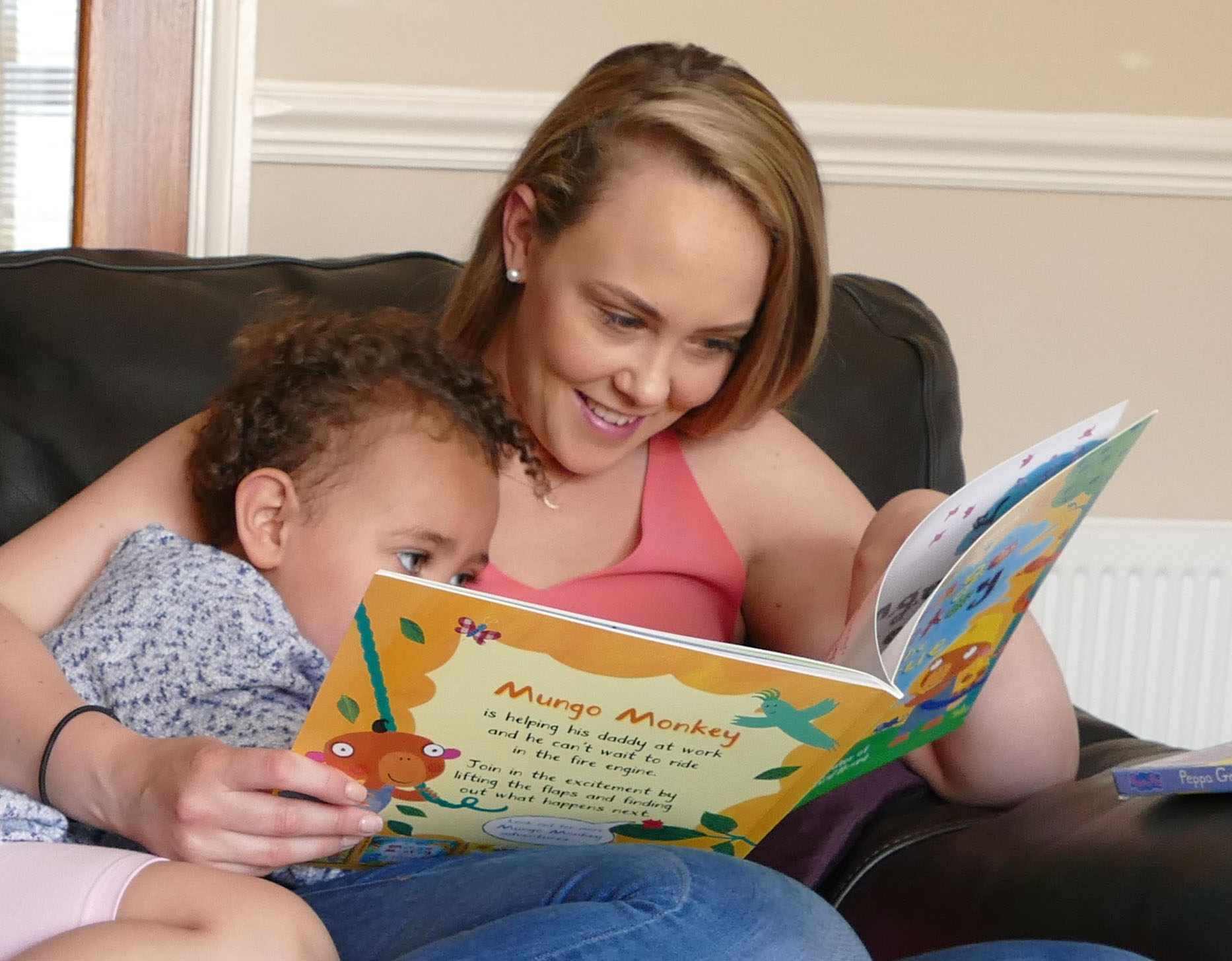
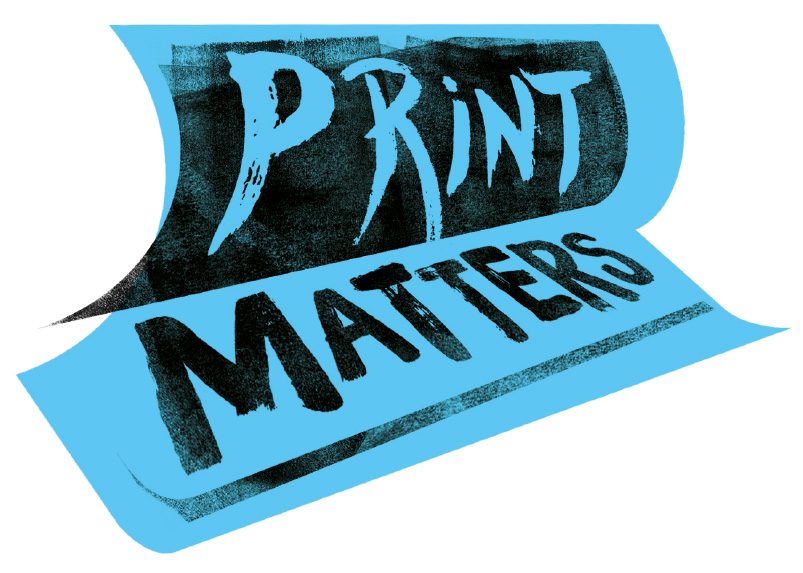
Print Matters
Print Matters explores parents’ and children’s responses to reading children’s books, including print books, eBooks, apps and magazines.
The research is made up of two studies conducted with Family Kids and Youth and with The University of Sussex’s Children and Technology Lab, part of the School of Psychology. The findings of the two investigations are brought together to form a view of the conscious, unconscious and physical responses to reading.
Reading Street
Reading Street is a study following the changing nature of children’s reading. The study includes a number of different aspects, including reading and home life, reading at school, the effect of digital on reading and Christmas traditions.
Click on each chapter below to find out more and download the PDF files to read.
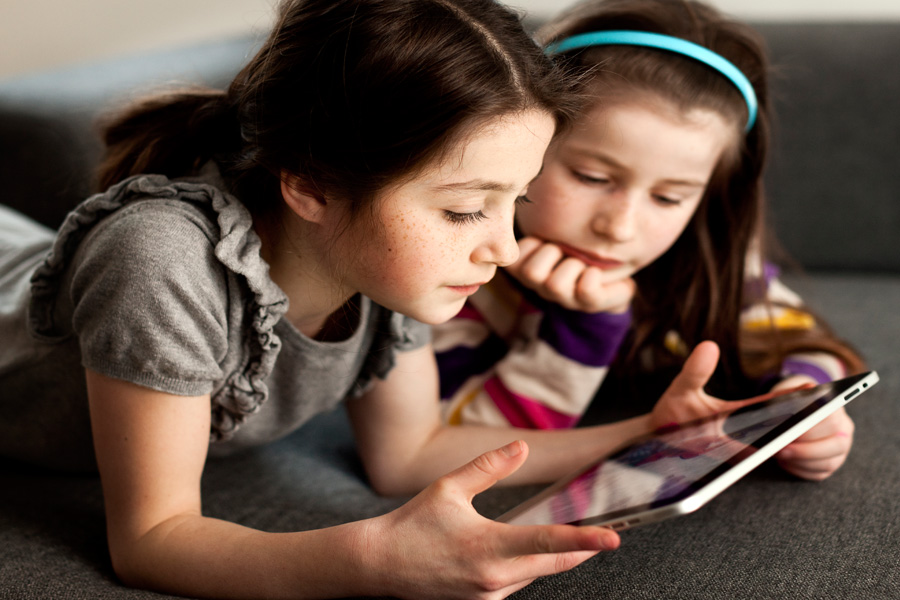
Explore the evolving and moving style of parenting and attitudes to childhood.
Continue the journey through our families’ reading lives, and look more closely at what happens when children start school.
Discover the changes in family life that have led to the prevalence of screen time.
Find out how fostering a child’s love of reading is important to parents and how this is magnified at Christmas time.